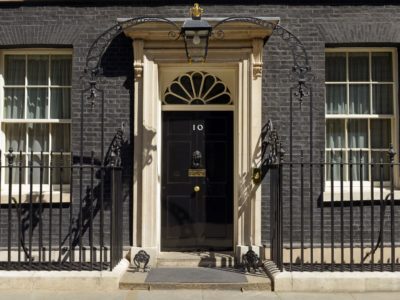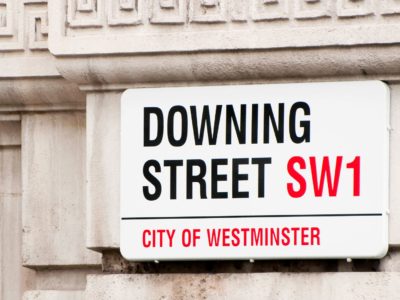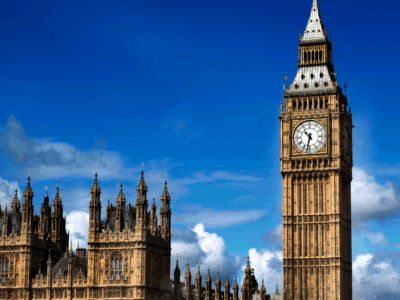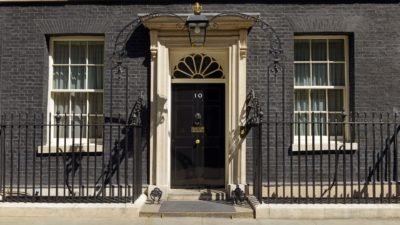The Scottish Governments’ proposed housing policy threatens future economic growth in Scotland according to analysis of trend data by a leading property firm.
DJ Alexander Ltd, part of the Lomond Group which is the largest lettings and estate agency in Scotland, believes that policies which are aimed at reducing the size of the private rented sector (PRS) through increased financial, regulatory, and legislative control risk stifling economic recovery in Scotland in the coming years.
The Scottish Governments’ ‘A new deal for tenants’ seeks to introduce rent controls and thereby discourage existing and future investment in the private rented sector by landlords and property investors.
Yet it is the PRS which has been an integral part in the growth of the Scottish economy over the last decade.
In Edinburgh, for example, the population rose by 13.3% between 2009 to 2019 while the Edinburgh city region (East Lothian, West Lothian, Midlothian, Fife, and the Borders) was up 8.1% compared to a Scottish increase of 4.4% over the same period.
Analysis by the City of Edinburgh Council found that the increase in population was largely due to net overseas migration which they estimate to have numbered 53,030 over the decade to 2019.
Furthermore, in the decade from 2018 to 2028 National Records of Scotland have forecast that the Edinburgh population will increase by a further 6.6% to 552,585 compared to a 1.6% rise for Scotland as a whole over the same period.
David Alexander, the chief executive officer of DJ Alexander Scotland, commented:
“We can see from these figures that Edinburgh and the surrounding areas have been attracting very high numbers of people drawn to the jobs and lifestyle offered in the Scottish capital.
In the last decade there has been a 12.8% increase in the number of working age people coming to Edinburgh compared with just 1.6% for Scotland as a whole.
The forecast for the coming decade indicates this trend is going to continue.”
David continued:
“The private rented sector has provided ideal homes for this large migrant workforce which has come to Scotland, and particularly to Edinburgh and the surrounding areas, and who have helped to expand the economy over the last decade.
Unable to access the limited pool of social housing or to buy property, many of these invaluable workers enjoy the flexibility and choice afforded by private renting.
This welcome influx of workers into the Scottish capital is one of the reasons why demand on homes in the private rented sector is so high and likely to get higher as the decade progresses.
This is also why, as demand exceeds supply, rent rises in Edinburgh have been the highest in Scotland.
However, as the Scottish Governments’ own consultation paper points out rent rises in the private rented sector (25% over the last 11 years) remain substantially below wage increases (just over 36% for tenants in the PRS since 2010).
The pressure on the housing sector to provide homes for these workers who will help to rejuvenate our economy is immense and we cannot improve Scotland’s finances without suitable homes.
This is why the PRS is crucial for the future development of the Scottish economy in housing workers who will help return the Scottish economy to pre-pandemic levels.”
David concluded:
“It is essential for places like Edinburgh and the rest of Scotland to remain open for business and for the economy to be expanding in the next decade and part of this must be the provision of enough appropriate homes to house and attract a growing workforce.
If the Scottish economy is to emerge from the pandemic and start to flourish again appropriate levels of housing are essential and the PRS is an integral part of this provision.
My concern remains whether this will be possible when the Scottish Government remains committed to reducing the volume of homes in the private rented sector in Scotland and, in particular in the central belt, through punitive taxation, regulation, income control, and other policies aimed at driving landlords and investors out of the market.”
























Comments